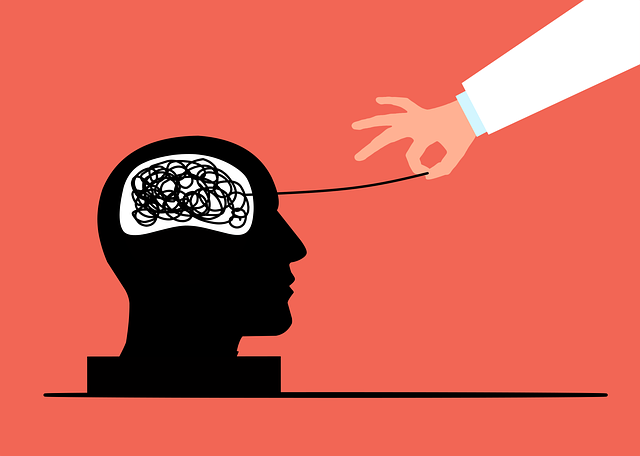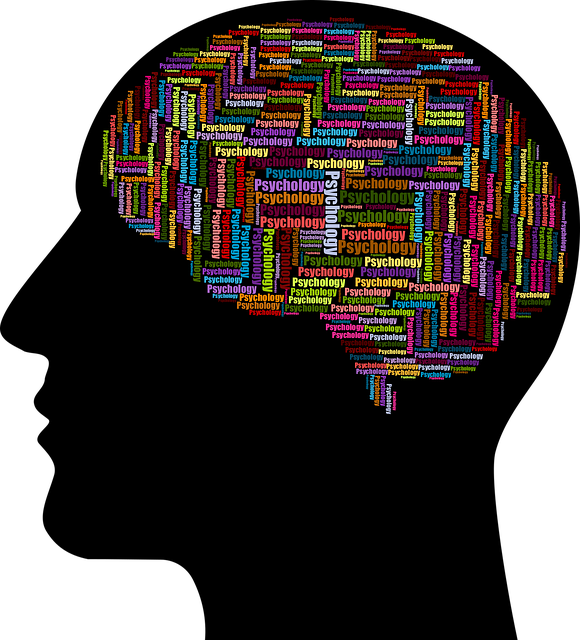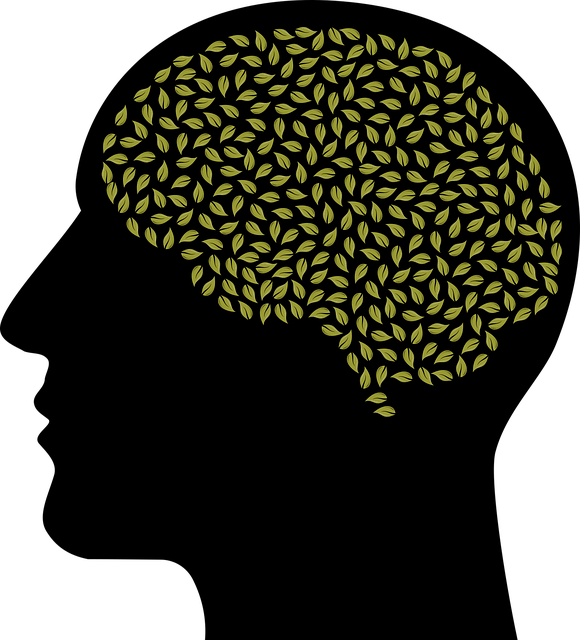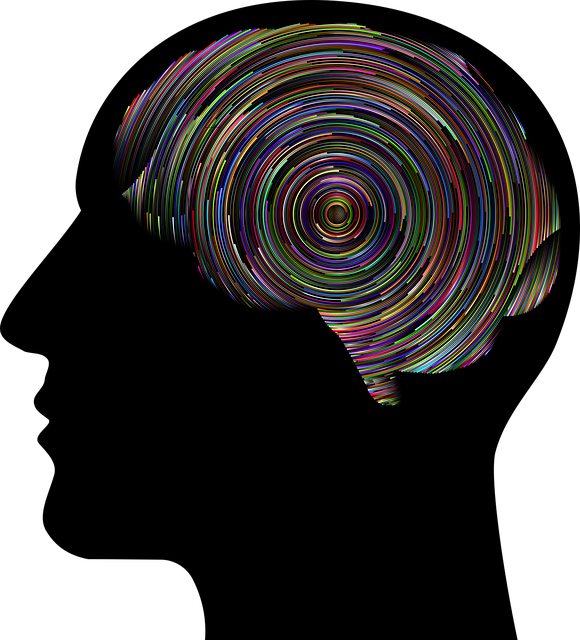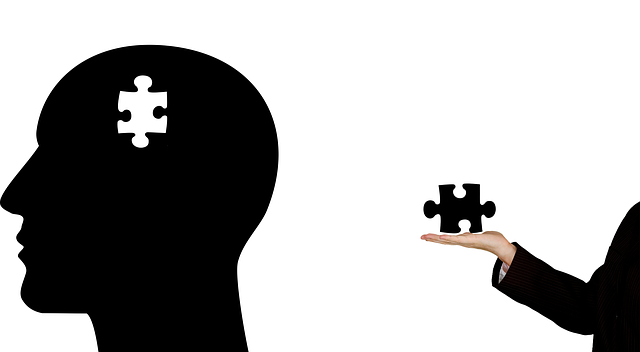Cultural sensitivity is key in treating adolescents with dissociative disorders, as their unique backgrounds significantly influence emotional expression and coping mechanisms. Mental health professionals must recognize and adapt therapy plans to diverse cultural stress management strategies. Integrating cultural awareness enhances treatment effectiveness, fostering understanding of mental health within diverse communities. For adolescents with dissociative disorder, culturally competent therapy creates safe spaces that honor individual cultural narratives, leading to improved outcomes through tailored healing methods. #TherapyForAdolescentTeensDissociativeDisorder
In today’s diverse society, cultural sensitivity is paramount in mental healthcare practice, especially when treating adolescent teens with dissociative disorders. The impact of cultural background on these youth cannot be overlooked, as it significantly influences their experiences and responses to treatment. This article explores the critical concept of cultural sensitivity in mental health, focusing on dissociative disorder among adolescents. We delve into best practices for culturally competent therapy, emphasizing a holistic approach that promotes healing and growth.
- Understanding Cultural Sensitivity in Mental Healthcare
- The Impact of Cultural Background on Teen Dissociative Disorder
- Best Practices for Culturally Competent Therapy with Adolescents
- Promoting Healing and Growth: A Holistic Approach to Treatment
Understanding Cultural Sensitivity in Mental Healthcare

Cultural sensitivity is a cornerstone in mental healthcare practice, especially when treating adolescents and teens struggling with dissociative disorders. Understanding the intricate interplay between culture and mental health involves recognizing that every individual enters therapy with a unique cultural lens shaped by their background, experiences, and beliefs. This lens can significantly influence how they perceive and express emotional distress, as well as their responses to therapeutic interventions.
For instance, adolescents from diverse ethnic and cultural backgrounds may exhibit different symptoms of dissociation due to their distinct coping mechanisms and stress management strategies. Some cultures prioritize collective support systems and spiritual practices for emotional regulation, while others might be more inclined towards individualistic approaches in therapy. Mental health professionals must remain vigilant in acknowledging these differences and adapting their treatment plans accordingly. By integrating cultural sensitivity into therapy sessions for adolescent teens with dissociative disorders, practitioners not only enhance the effectiveness of care but also foster a deeper understanding of mental health awareness within diverse communities.
The Impact of Cultural Background on Teen Dissociative Disorder

The cultural background of adolescent teens plays a significant role in understanding and treating Dissociative Disorder. This complex mental health condition, characterized by disruptions in memory, identity, and consciousness, often has its roots in traumatic experiences shaped by cultural contexts. For instance, some cultures may have unique expressions of dissociation stemming from historical or collective traumas, which can significantly impact how teens manifest symptoms.
When providing therapy for adolescent teens with Dissociative Disorder, mental wellness coaching programs must be culturally sensitive. Incorporating principles like positive thinking and mind over matter can be beneficial, but these should be tailored to the individual’s cultural framework. By doing so, therapists enable teens to process their traumatic experiences in a way that resonates with their personal and shared cultural narratives, fostering more effective healing and recovery.
Best Practices for Culturally Competent Therapy with Adolescents

Culturally competent therapy is essential when working with adolescent teens suffering from dissociative disorders. Best practices involve creating a safe and supportive environment that respects and values the client’s cultural background and beliefs. Therapists should actively listen to and validate the teenager’s experiences, ensuring they feel understood and respected. Incorporating culturally relevant stress reduction methods, such as mindfulness techniques tailored to their specific heritage, can foster trust and engagement in treatment.
Additionally, risk management planning for mental health professionals is crucial when addressing cultural sensitivity. This includes therapists being aware of their own biases and assumptions, continuously educating themselves on diverse cultural practices, and adapting their therapeutic approaches accordingly. By integrating these strategies, therapists can provide more effective care tailored to the unique needs of adolescent teens with dissociative disorders, contributing to improved outcomes and enhanced anxiety relief.
Promoting Healing and Growth: A Holistic Approach to Treatment

In mental healthcare, a culturally sensitive approach is vital to fostering healing and growth among diverse populations, especially adolescent teens with dissociative disorders. By adopting holistic treatment methods, therapists can create a safe space that acknowledges and respects each client’s unique cultural background, traditions, and experiences. This involves integrating not just evidence-based practices but also understanding the individual’s perspective shaped by their heritage. For instance, therapy sessions can incorporate cultural elements like art, music, or storytelling to facilitate emotional healing processes, which are often more effective than traditional talk therapy alone.
Promoting holistic healing requires a shift from siloed approaches to treatment to one that intertwines mental health with physical and spiritual well-being. Communication strategies become crucial here, encouraging open dialogue where therapists listen without judgment, allowing teens to express themselves freely. By combining these communication methods with mind over matter principles, therapists can help adolescents challenge negative thought patterns and develop a stronger sense of self. This comprehensive approach not only aids in managing dissociative symptoms but also empowers teens to navigate their cultural identity while addressing the complexities of mental health issues.
Cultural sensitivity in mental healthcare is paramount, especially when addressing conditions like dissociative disorder among adolescent teens. Recognizing and understanding the profound impact of cultural background on mental health can significantly enhance therapeutic outcomes. By adopting best practices that foster cultural competency, therapists can create a safe and inclusive environment, promoting healing and growth for young individuals from diverse backgrounds. Incorporating holistic approaches ensures comprehensive care tailored to each teen’s unique needs, ultimately improving their journey towards recovery. When treating disorders like dissociative disorder in adolescents, culturally sensitive therapy becomes not just an approach but a necessity.

